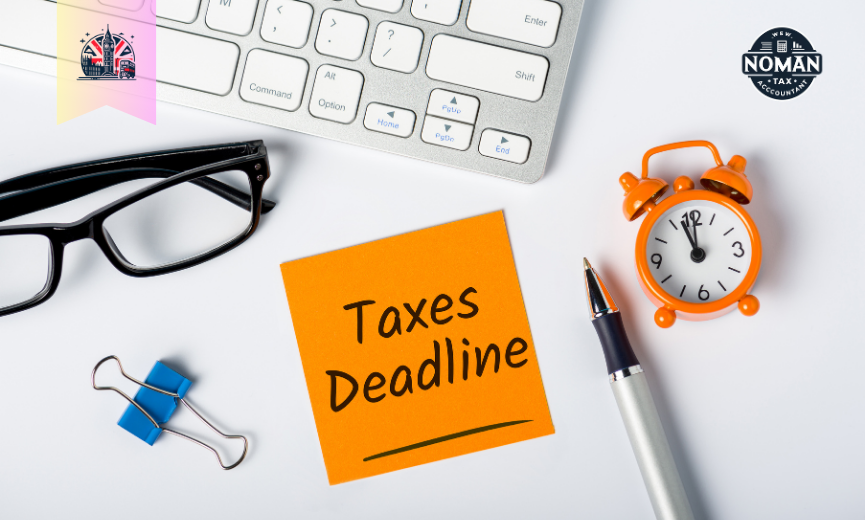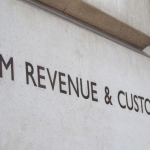The UK tax year runs from April 6 to April 5 of the following year, and throughout this period, businesses and individuals need to meet various submission deadlines to remain compliant with HMRC. Missing these key dates can lead to penalties, so it’s essential to stay organized and informed. This guide provides a clear calendar of the most important UK tax dates to help you keep track of deadlines and avoid last-minute stress.
Here is a month-by-month breakdown of the most common tax deadlines that UK businesses should be aware of. Set reminders for these dates to ensure you meet your compliance obligations.
April: Start of the New Tax Year
The UK tax year begins on April 6 each year and runs until April 5 of the following year. Here are the important dates in April to start the year on the right foot.
- April 6: First day of the new tax year.
- April 19: The deadline for final PAYE submission for the tax year that ended on April 5. Employers must submit their last PAYE report to HMRC, which includes details of all employees’ pay and deductions throughout the previous year.
May: Issuing P60 Forms
May brings an important deadline for employers regarding employee documentation.
- May 31: Deadline for distributing P60 forms to employees who were on payroll on April 5. The P60 form summarizes employees’ earnings and deductions over the previous tax year and is essential for employees to complete their tax returns.
July: Employee Benefits Reporting and Payment Due Date
July has multiple deadlines for employers regarding reporting employee benefits and making payments to HMRC.
- July 6:
- Deadline for submitting forms P11D and P11D(b) to HMRC. These forms detail employee benefits and expenses for the previous tax year.
- Deadline for providing a copy of Form P11D to relevant employees.
- July 31: Second Payment on Account due date. For those who make payments on account, this is the deadline for the second payment towards the current tax year.
October: Self-Assessment Registration and Postal Submission
October brings significant deadlines for individuals who need to register for Self-Assessment and submit their tax returns by post.
- October 5: Deadline for Self-Assessment registration to notify HMRC about any new Income Tax or Capital Gains Tax liabilities. If you’ve started earning income that wasn’t previously declared, such as self-employment income or rental income, you must register by this date.
- October 31: Deadline for postal submission of Self-Assessment Tax Returns. If you’re submitting your Self-Assessment by paper rather than online, this is the last day HMRC will accept your return without penalties.
January: Online Self-Assessment Deadline and Payment Due
The end of January is one of the most crucial times in the UK tax calendar. It’s the deadline for Self-Assessment submissions and the first payment on account.
- January 31:
- Deadline for submitting Self-Assessment tax returns electronically for the previous tax year.
- First Payment on Account is due for the next tax year. For those who are self-employed or have additional income, January 31 is the final day to settle any outstanding tax liabilities and make the first advance payment toward the following tax year.
This deadline is critical, as late submissions or payments may result in immediate penalties and interest charges from HMRC.
April: End of the Tax Year
As the tax year closes, ensure that all accounts are up-to-date and ready for submission in the new year.
- April 5: Last day of the tax year. This date marks the end of the current tax year, and it’s a good time to review your financial records to prepare for upcoming submissions.
Quick Reference: Key UK Tax Deadlines
| Date | Action Required |
|---|---|
| April 6 | Start of the new tax year |
| April 19 | Deadline for final PAYE submission for the previous tax year |
| May 31 | Deadline to distribute P60 forms to employees |
| July 6 | Deadline to submit P11D and P11D(b) forms to HMRC and provide copies to employees |
| July 31 | Second Payment on Account due date |
| October 5 | Self-Assessment registration deadline for new Income/Capital Gains Tax |
| October 31 | Deadline for postal submission of Self-Assessment Tax Returns |
| January 31 | Deadline for electronic Self-Assessment submission and first Payment on Account for the next tax year |
| April 5 | Last day of the tax year |
Staying Organized with Tax Deadlines
Keeping up with tax deadlines is critical for your business’s financial health and compliance. Here are some tips to help you manage these dates effectively:
- Set Calendar Reminders: Add each tax date to your digital calendar and set reminders one month, one week, and one day before each deadline.
- Keep Accurate Records: Regularly update your records and documentation. Accurate records make it easier to meet deadlines and avoid errors in submissions.
- Seek Professional Help: If you’re unsure about any aspect of your tax obligations or deadlines, contact NTD for expert guidance.
- Plan for Payments: Prepare for payments well in advance, especially for larger tax bills like Self-Assessment and Corporation Tax. This can help you avoid financial strain as the due dates approach.
- File Early: Submit documents and tax returns as soon as you’re able. Early submission reduces the risk of last-minute errors and gives you time to address any issues that may arise.
Need Help Staying on Track?
Navigating tax deadlines doesn’t have to be overwhelming. With NTD’s support, you can stay organized, compliant, and focused on what matters most—growing your business. Contact us today to learn how we can assist with your tax planning, submissions, and ongoing compliance with HMRC.
Keeping track of these key dates and taking action well in advance can save you from unnecessary stress and penalties. With this guide, you now have a comprehensive overview of the essential UK tax deadlines to keep your business compliant all year round.






